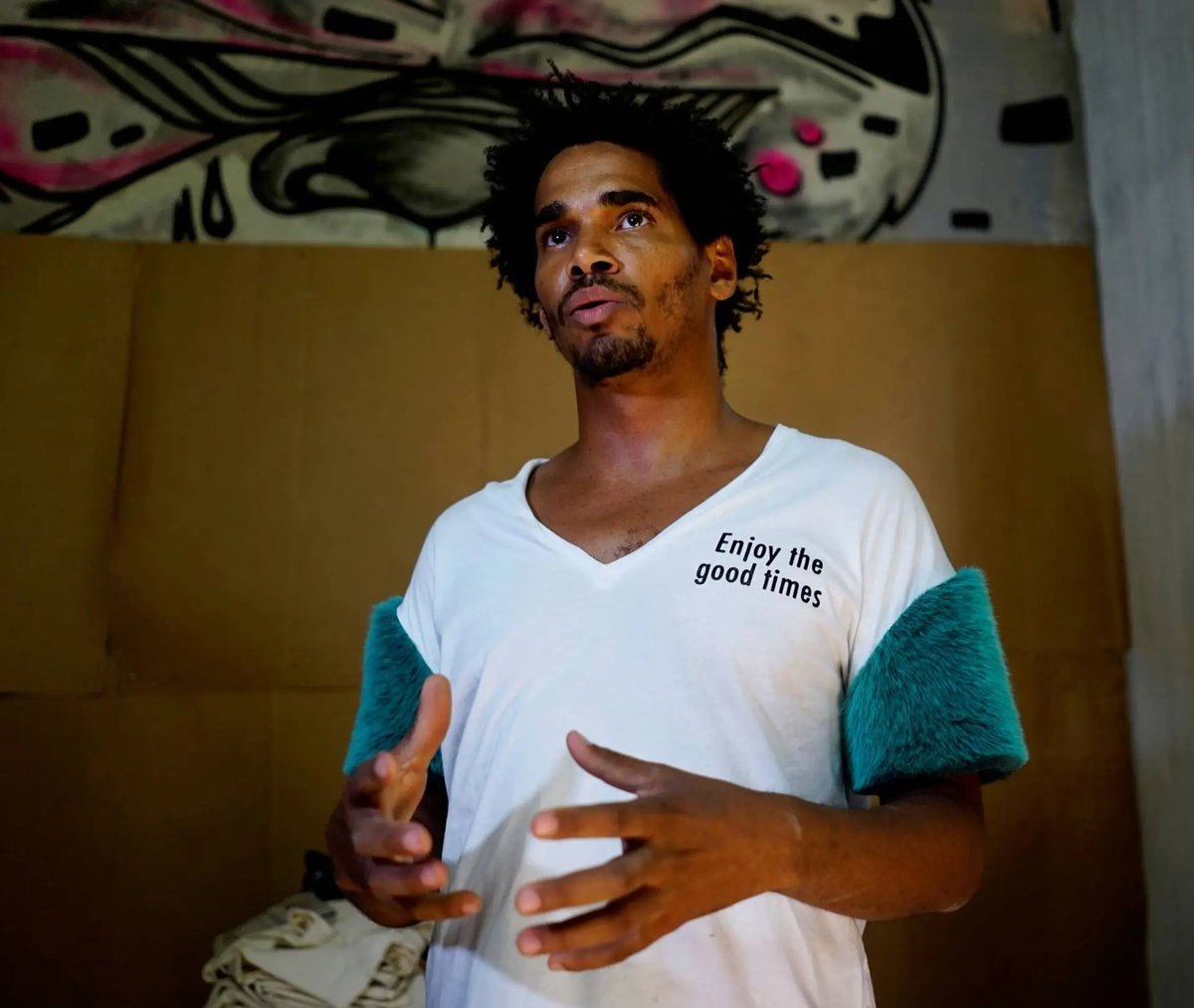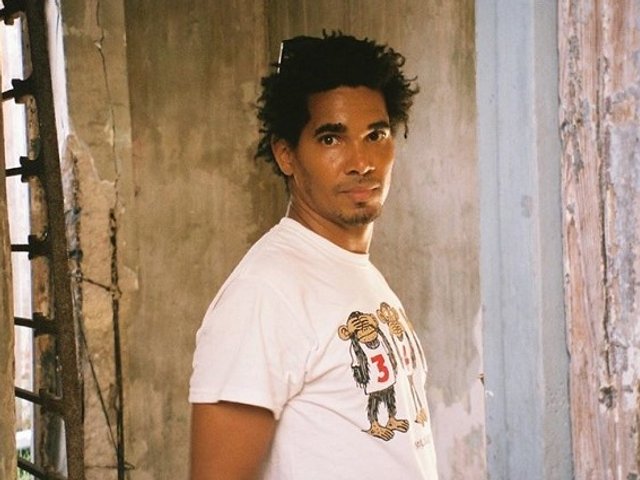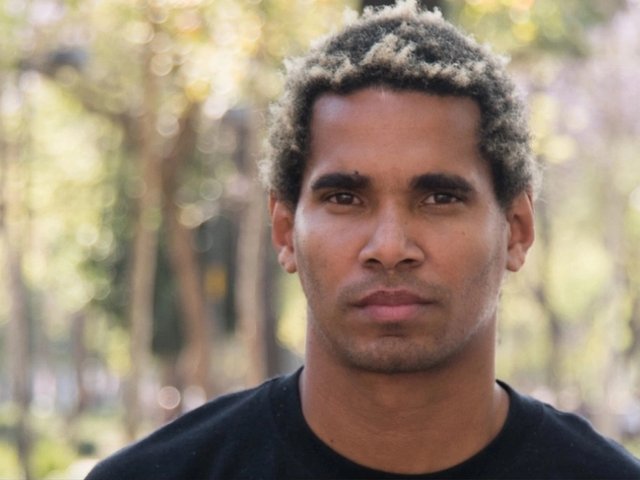Luis Manuel Otero Alcántara, the Cuban artist who was named an “icon” of 2021 by Time magazine and for years has been a public thorn in the Cuban government’s paw, was sentenced to five years in prison on Friday (24 June) for the crime of “insulting national symbols”. Alcántara’s friend and collaborator Maykel "Osorbo" Castillo, who penned the opposition anthem Patria Y Vida—which won the Latin Grammy Award for song of the year in 2021—received the same sentence.
Alcántara has in the last few years become a symbol for the artists and intellectuals who oppose the Cuban government’s distorted version of artistic freedom. As one of the founders of the San Isidro movement, he helped bring injustices against artists by the Cuban government to the global stage. Human rights organisations and the United States government have called for Alcántara’s release since he was detained on 11 July 2021 after he posted a video to social media saying he planned to join the protests which that day swept the country. As of 26 May, more than 700 people arrested during the protests that day remain in custody, according to Human Rights Watch. In August 2021 he was named a “prisoner of consciousness” by Amnesty International.
“The worst thing about the laws in Cuba is that they are conceived by those in power to be used in a discretionary manner,” says Julio Llopiz Casal, a Cuban artist involved in the island’s opposition movement. “The national symbols law is not designed to regulate the use of the Cuban flag, for example, but rather to have an argument to criminally prosecute someone like Luis Manuel, because he was someone who would surely use his artistic work to protest the fact that those in power use the law as emotional blackmail with criminal consequences.”
According to the Associated Press, the Cuban government said it was “merely applying the law as it would to anyone”.





